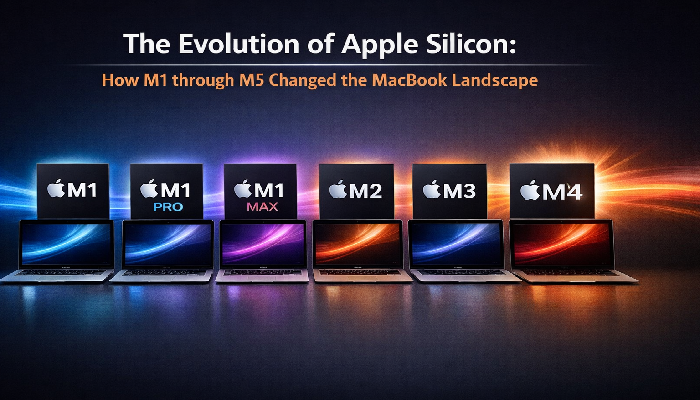Harnessing the power of the sun has never been more critical. As we shift towards renewable energy sources, choosing the right solar panels for your home is essential in joining this eco-friendly revolution.
This guide is designed to navigate you through the process, ensuring you make an informed and suitable choice for your home’s specific needs.
The Rise of Solar Energy
Solar energy has taken a prominent position in today’s sustainable world. With environmental concerns growing every day, the popularity of solar panels for domestic use has skyrocketed.
These not only reduce your carbon footprint but also save a considerable amount on electricity bills.
Understanding the Basics
At the core of this green revolution are solar panels. These panels absorb sunlight and convert it into electricity, providing an eco-friendly solution for your home’s power needs. They’re durable, require minimal maintenance, and provide a long-term energy solution.
Factors to Consider
When choosing solar panels for your home, it’s crucial to understand several factors determining their efficiency and compatibility with your residence.
Type of Panel
There are three primary solar panel types – monocrystalline, polycrystalline, and thin-film. Each has its advantages.
Monocrystalline panels are highly efficient but can be pricier. Polycrystalline panels are less efficient than monocrystalline but are more affordable. Thin film, while being the least efficient, is flexible and can be a good option for specific requirements.
Efficiency
The efficiency of a solar panel indicates how well it converts sunlight into electricity. It’s essential to choose a panel with high efficiency to maximize the energy you derive from the sun.
Cost
While it’s tempting to opt for cheaper panels, it’s essential to consider the long-term benefits. A more expensive, high-quality panel might offer better efficiency and longer lifespan, translating to better savings in the long run.
Warranty and Manufacturer
Ensure the panels come with a substantial warranty period. Also, consider the reputation of the manufacturer. Established companies with a good track record are generally more reliable.
Installation and Positioning
Where and how you install the solar panels can significantly impact their efficiency. It’s best to position them in a location that receives direct sunlight for most of the day.
Moreover, the angle and direction (typically facing south in the US) play a pivotal role. Hiring a professional for installation ensures that the panels are placed optimally.
Maintenance and Longevity
Solar panels are generally low-maintenance. However, it’s good to inspect them regularly for dirt or debris that might affect their efficiency. Most panels can last 20-25 years, so it’s a long-term investment that will serve your home for decades.
Incentives and Rebates
Before purchasing, research any available federal, state, or local incentives and rebates for installing solar panels. Such programs can significantly reduce the overall cost and provide additional benefits for homeowners shifting to solar energy.
Embrace Solar Energy
Embracing solar energy is not just an eco-friendly move but also a smart financial decision. As you embark on this sun-powered journey, remember that the right panels, combined with optimal installation, can light up your home in the most sustainable way.
Dive into the world of solar, and let your home bask in the benefits of clean energy from the sun.







